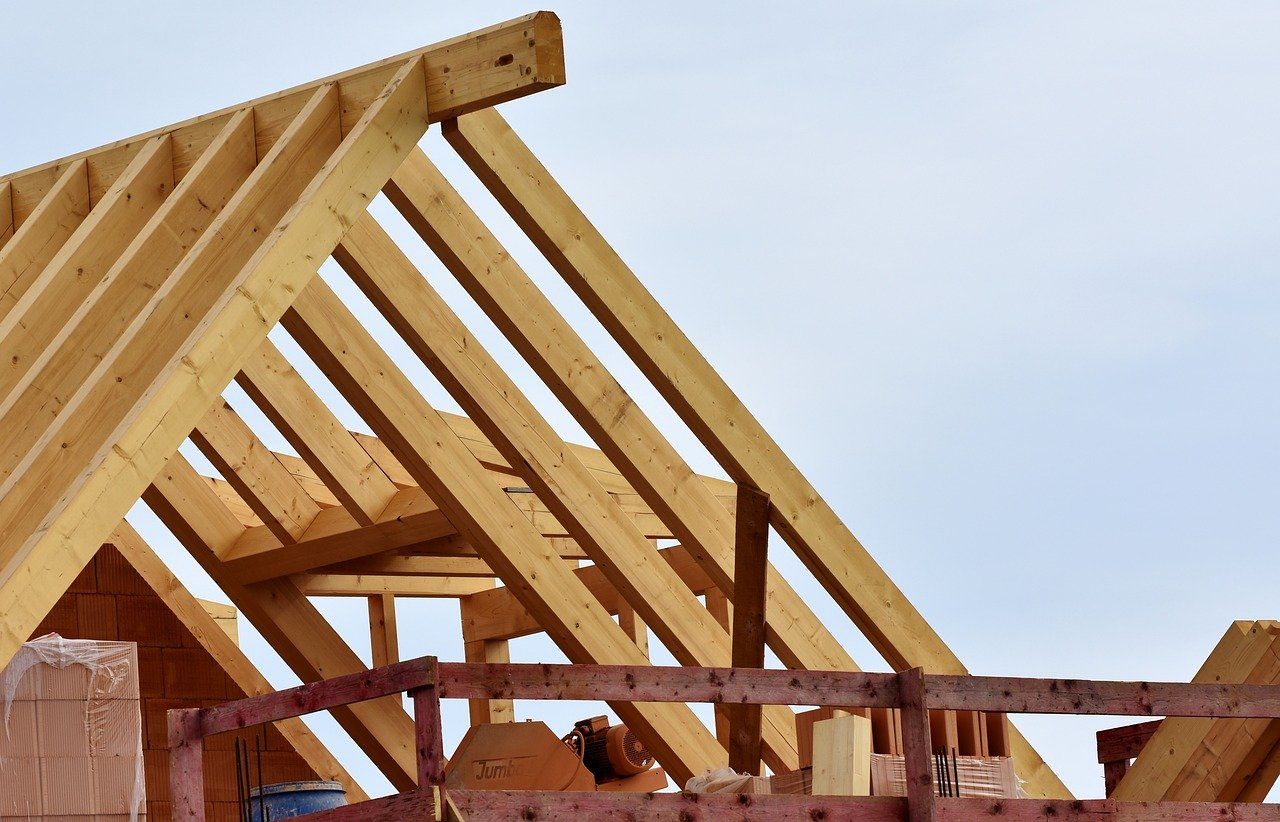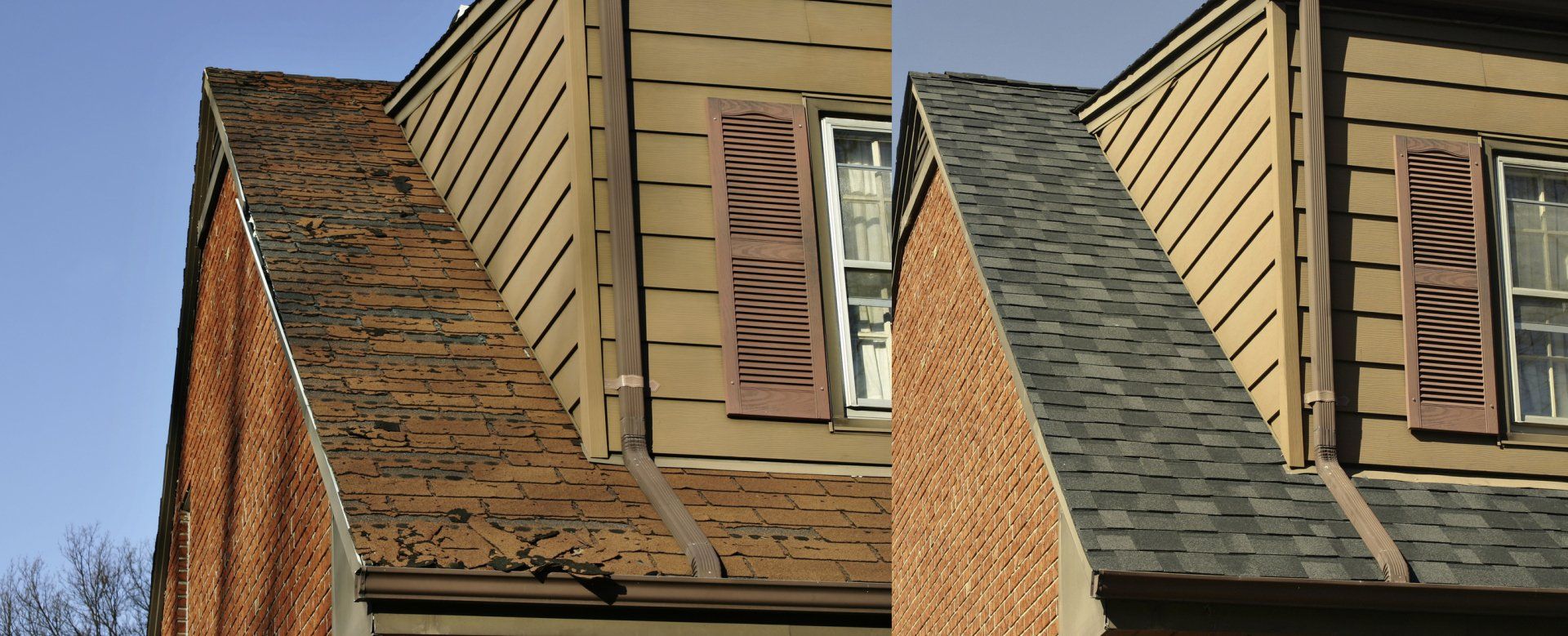Introduction
Owning a home comes with numerous responsibilities, and one of the most critical aspects is maintaining the roof. Asphalt roof repair techniques are essential knowledge for any homeowner, especially considering that roofs are the first line of defense against the elements. From torrential rains to heavy snowfall, your roof endures a lot. Thus, understanding how to repair it properly can save you both time and money in the long run.

This comprehensive guide will explore various asphalt roof repair techniques every homeowner should know, along with insights into hiring professionals—like licensed roofing contractors—and managing costs associated with roof repairs. Additionally, we’ll cover emergency repairs, routine maintenance tips, and other crucial aspects related to keeping your roof in optimal condition.
1. Understanding Asphalt Roofing
1.1 What Is Asphalt Roofing?
Asphalt roofing primarily consists of asphalt shingles, which are among the most popular roofing materials used in residential homes today. These shingles come in various styles and colors, making them an aesthetically pleasing choice for homeowners.
1.2 Benefits of Asphalt Roofing
- Cost-Effective: Asphalt shingles are relatively inexpensive compared to other roofing options. Versatile Design: They offer various styles that can complement different architectural designs. Durability: With proper maintenance, asphalt roofs can last between 15 to 30 years.
2. Common Issues with Asphalt Roofs
2.1 Roof Leaks
One of the most common issues homeowners face is roof leaks caused by damaged shingles or wear over time.
2.2 Hail Damage
Severe weather conditions such as hail can cause significant damage to asphalt roofs. Identifying this early can prevent further issues.
2.3 Wind Damage
Strong winds can lift shingles off your roof, exposing underlying materials to roofing contractors water damage.
3. Signs You Need Roof Repair Services
3.1 Water Stains on Ceilings
If you notice brown spots on your ceilings or walls, it’s a clear indication of a leak somewhere in your roof.
3.2 Missing Shingles
Regularly inspect your roof for missing or damaged shingles; this could lead to further deterioration without prompt repair.
3.3 Granule Loss
Finding granules in gutters is a sign that your shingles are deteriorating and may need replacement soon.
4. Essential Tools for Roof Repair
4.1 Safety Gear
Before you begin any repairs, ensure you have safety gear such as helmets and harnesses if you're working at heights.
4.2 Basic Tools Needed
You’ll need:
- A ladder Hammer Utility Knife Roofing Cement Replacement Shingles
5. DIY Asphalt Roof Repair Techniques
5.1 Temporary Roof Repair Methods
If you're facing an emergency situation where immediate action is required, temporary fixes can help mitigate damage until professional help arrives.
Method
Use roofing tape or tar to seal small holes. Place a tarp over large damaged areas.5.2 Patching Small Leaks
For minor leaks:

6. Professional Asphalt Roof Repair Services
6.1 When to Call Licensed Roofing Contractors?
If you're not comfortable performing repairs yourself or if extensive damage is present, it's best to contact certified roofing contractors for assistance.
6.2 Evaluating Roofing Services
Look for companies offering:
- Emergency roofing services Comprehensive inspections A good warranty on their work
7. Estimating Roof Repair Costs
7.1 Factors Influencing Cost
The cost of repairs can vary based on:
- Type of damage Size of the area needing repair Labor costs in your region
| Type of Repair | Estimated Cost Range | |-----------------------------|-------------------------| | Shingle Replacement | $100 - $300 per square | | Leak Repair | $200 - $500 | | Complete Roof Replacement | $5,000 - $15,000 |
8. The Importance of Regular Roof Inspections
Regular inspections help identify potential problems before they become costly repairs:
What Should Be Included?
- Checking for loose or broken shingles. Inspecting flashings around vents and chimneys.
9. Maintaining Your Asphalt Roof
9.A Regular Cleaning
Keep debris off your roof to avoid trapping moisture that can lead to mold growth.
How Often?
Aim for at least two cleanings per year—ideally in spring and fall—to keep your asphalt shingles looking great and functioning well.
FAQ Section
Q1: How often should I inspect my asphalt roof?
A: It’s advisable to conduct inspections at least twice a year, particularly after severe weather events like storms or heavy snowfall.
Q2: Can I perform my own asphalt roof repairs?
A: Yes, minor repairs like patching small leaks or replacing missing shingles can be done DIY; however, larger issues should be handled by professionals.
Q3: How much does emergency roof leak repair cost?
A: Emergency repair costs typically range from $200 up to $500 depending on the severity of the leak and accessibility needs.
Q4: What is included in a professional roof inspection?
A: A thorough inspection includes checking for missing or damaged shingles, assessing flashings and seals around vents/chimneys, examining gutters for clogs or debris buildup, etc.
Q5: What should I do if I find hail damage?
A: Document the damage with photos; then contact certified roofing contractors who specialize in storm damage roof repair services for an accurate estimate and assessment.
Q6: How long do asphalt roofs typically last?
A: With proper care and maintenance, asphalt roofs usually last between 15 to 30 years depending on environmental conditions and installation quality.
Conclusion
Maintaining an asphalt roof requires attention but knowing effective repair techniques can significantly enhance its lifespan while preventing costly replacements down the road! From basic DIY methods to understanding when it’s time to hire licensed roofing contractors, this comprehensive guide has equipped you with valuable insights into effective asphalt roof roofers https://www.southernroofingsystems.com/best-roofers-near-you-fairhope-alabama repair techniques every homeowner should know!
Take proactive steps towards maintaining your roof today! By being informed about these practices—whether through simple inspections or engaging professional services—you not only protect your investment but also ensure peace of mind knowing that you’re prepared for whatever Mother Nature might throw at you next!